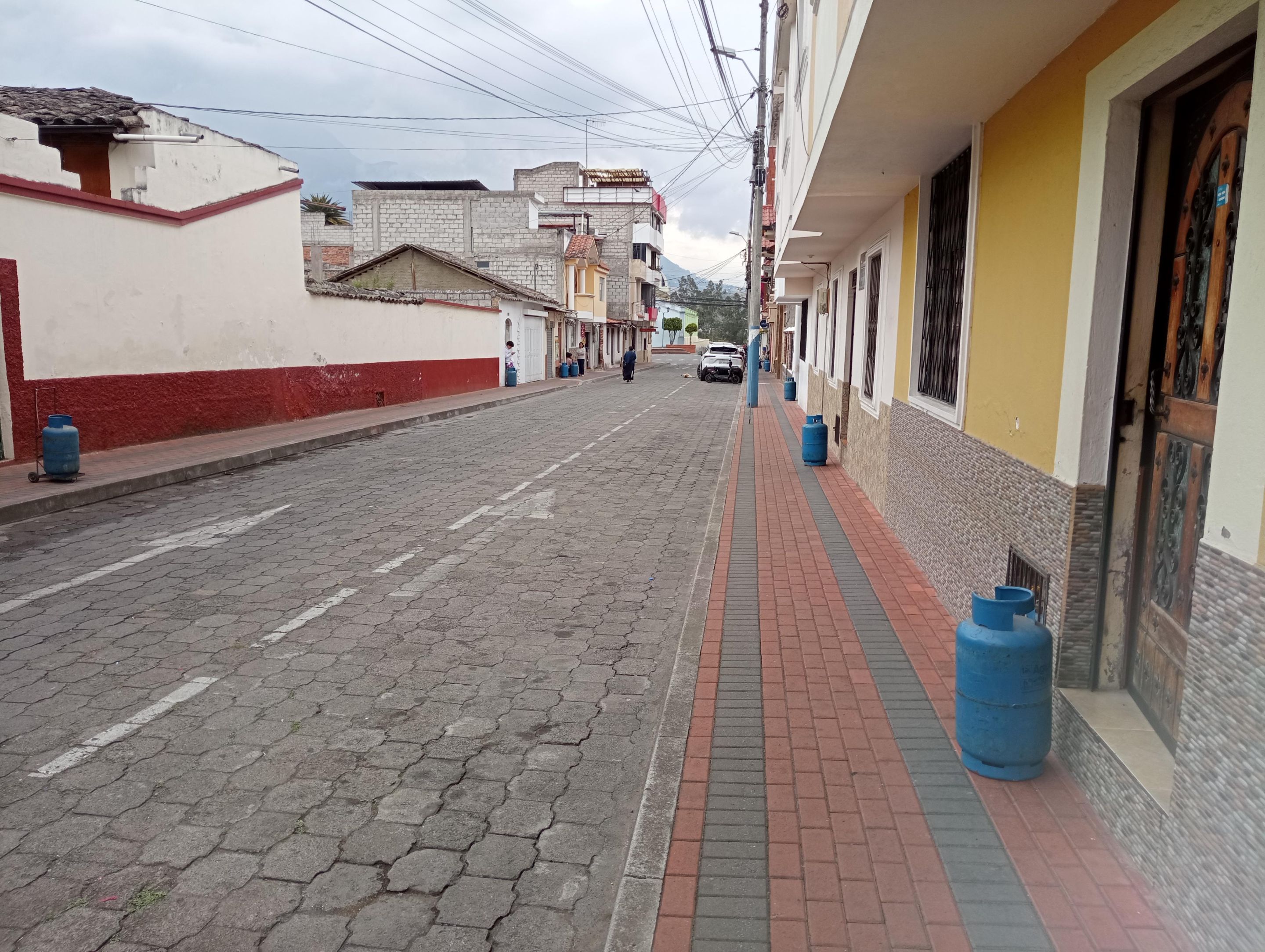There are many lessons learned in the last 11 years here. One is to be prepared for everything. Many people move here without understanding much of the culture and economic situation, and I did that, too. This is my third big strike, and between the strike-years there were many other crisis, some of natural cause (the devastating earthquake), some due to infrastructure. Ironically, the latter were usually invoked by lack of preparation, too.

Preparing also means forward thinking and having enough experience to anticipate the different fall-outs from each event. As soon as you live through one, you know that. But that doesn’t mean that everyone prepares, nor that they can prepare. It is a privilege to have the means and the mindset to do so, unfortunately.
I made a little list of things to focus on. It's different in each country I guess, but there are some parts that are universal.

For me, there are two kinds of emergencies. The go-bag kind, where you leave everything and get out. And the stockpile kind, were you have to wait it out. The go-bag is easy enough to explain: Everything that allows Lily and I to walk the 130 km through Carchi to the Colombian border and cross it.
Enduring
Here's a lost of what we lived through in Cotacachi and/or Ecuador (years might be wrong) since I arrived:
2016 – devastating earthquake 2017 – gas shortage 2018 – drought & water shortage 2019 – big strike 2020 – lock downs 2022 – big strike 2023 – electricity shortage 2024 – huge electricity shortage, up to 16h 2025 – big strike
There are some key things that one has to have stocked up when enduring shortages. I learned that the hard way, but I did learn. All these advice are not only for emergencies, but trust me, they will make your life easier and more enjoyable and easier all the time.
Everything comes down to network.
Neighborhood
The most important part is your network. There are some specifics that are very important, but generally, talk to your neighbors. Know who the president of your neighborhood is. Go to those ultra-long meetings. At least show up once in a while. Stay for an hour. Have them know your face. Contribute to the yearly tombola/solidarity/Christmas stuff, even though you dislike the loud music and processions at 4am. Always give 10-20% more than they ask for, if you can afford it. Express thankfulness for what they do.
Food
Know your vendors. Buy from the little stores or always go to the same 2-3 booths in the market. Keep fruits and veggies separated – the more contacts that know you, the better. Try to remember their names, get the phone numbers.
That goes as well for the people who deliver to your business, if you have one. Don’t swap the local distributor for the national distributor to save $1 per 50kg. It’s not worth it. The national doesn’t know your name, the local will come at 3am to deliver to you whatever you need and they have, even though it’s restricted for whatever reason.
LPG
Know your gas delivery guy. That saved my business SO many times. During gas shortages (refinery exploded, earthquake, strikes,…), he always made sure I got mine, even if it meant having me drop by at 3am to pick up a few tanks at once. Of course, I overpaid those by a mile. But still cheaper than running out and losing business.
Also, I have a few backup-tanks. Can't underestimate the value of those. If you use 2 tanks (water & cooking), have at least 5, and keep them full.
Water
Buy 10x 5 liter bottles of water. Connections or not, there’s not much you can do about water supply. If a pipe bursts, or a drought is inbound, there is no bribe that can change that you won’t get any water. This was particularly important for the business, as baking requires quite a lot of water.
Electricity
Battery storage, solar panels - electricity is difficult. There’s only so much one can do. Filling up empty spaces in fridge and freezer with water bottles is a great idea, it keeps the bill low during normal times, and the fridge cold during outages.
Alternatives
Find them for everything. A hot plate for cooking. A water filter for rain water. And in general, there is this golden rule:
The less you need it, the less you’ll miss it.
That is the best preparation for shortages of any kind. Besides having a vast network of contacts that like you and will be willing to help.
One more thing...
An emergency brings out the worst in people. It can help you a lot to select those that you want in your inner circle, your community. Who gouges prices, who doesn't? Who takes advantage, who doesn't? Who chips in, who supports, and who doesn't?
It also brings out the best in people. I've been surprised many times by people who I never expected to be a positive impact in emergencies.
Have you ever lived through an emergency? Did it change the way you prepare? What are you always prepared to, what are you not prepared for at all? Please feel free to engage in any original way, including dropping links to your posts on similar topics. I'm happy to read (and curate) any quality content that is not created by LLM/AI, as well as read your own experience and point of view, I love to learn!

Related posts
Community
How it works - the network in action
Sin Miedo - Psychological help
Political Background
Diesel to the fire - the current situation in Ecuador
Eye by eye, we're blind - about the tensions in Cotacachi